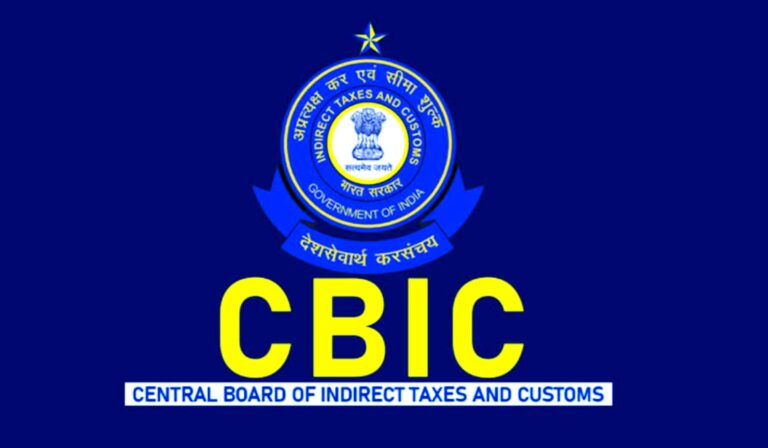The Central Board of Indirect Taxes and Customs (CBIC) Directs DGGI Officials to Adopt Bottom-Up Approach in GST Investigations of MNCs, Avoiding Immediate Summons for CEOs/CFOs/Directors
CBIC Directive to DGGI Officials: The Central Board of Indirect Tax and Customs (CBIC) has issued a directive to officials within the Directorate General of Goods and Services Tax Intelligence (DGGI) to adopt a “bottom-up” approach when investigating the tax liabilities of multinational companies (MNCs) under the Goods and Services Tax (GST) regime.
In recently issued guidelines, the CBIC has advised field officers to initially question the “authorised person” within an MNC, who holds responsibility for ensuring tax compliance, instead of immediately summoning the company’s chief executive officer (CEO), chief financial officer (CFO), or directors.
According to a senior official, who preferred to remain anonymous, this move by CBIC aims to address concerns raised by several MNCs regarding the challenges faced by top management during interactions with DGGI officials.
In many cases of GST investigations, Directors/CEOs are required to be physically present, which can be challenging due to their busy schedules. Although these professionals are knowledgeable about the business, they may not always be equipped to address questions regarding the tax liabilities or compliance issues raised by tax authorities, as noted by independent tax analysts.
As a result, MNCs often designate a member of their staff or external advisors to handle tax investigations on their behalf. Top management typically becomes directly involved only in rare instances where detailed explanations about the business are necessary, or when the tax department uncovers serious violations supported by evidence.
There have been instances where GST authorities have questioned the senior leadership of MNCs, particularly regarding matters such as secondment charges. These charges, applicable to the deputation of expatriates, have been a point of contention. In response, the CBIC directed GST authorities in December to adopt a more nuanced approach in determining the tax liability of Indian subsidiaries of MNCs concerning secondment charges.
Tanushree Roy, director at Nangia Andersen India, highlighted the adverse effects of DGGI officials directly questioning CEOs and CFOs on company operations. These effects include disruptions to work schedules, increased legal and compliance burdens, and impacts on investor confidence.
In 2022, the CBIC advised field officers to “avoid” issuing summons to senior management officials or promoters unless there are clear indications of “revenue loss” due to their involvement. However, this guidance has not substantially altered the operational conduct of field officers from the perspective of company managements.
Sandeep Sehgal, partner at AKM Global, commented that the new guidelines will streamline the time and efforts required from the company’s top management. This is because the designated personnel responsible for tax matters will be better equipped to provide targeted responses to DGGI queries.
Experts also emphasized the challenges faced by top officials when summoned to distant DGGI units at short notice. Sanjeev Sachdeva, partner at Luthra and Luthra, suggested that investigations should ideally be conducted through DGGI units closer to the assessee’s registered office. Additionally, he recommended that DGGI consider conducting statements online, aligning with the trend towards hybrid working encouraged by courts, to facilitate ease of doing business.
The CBIC’s directive to follow a “bottom-up” approach and minimize immediate summons for CEOs/CFOs aims to enhance the efficiency and effectiveness of GST investigations, reducing disruptions for top management and promoting smoother compliance processes for MNCs operating in India.
Read More
IIT-Hyderabad to Support Telangana CTO in the Investigation into GST Scam
Delhi High Court Rejects Rs 8.23 Crore GST Demand Against Max Healthcare
